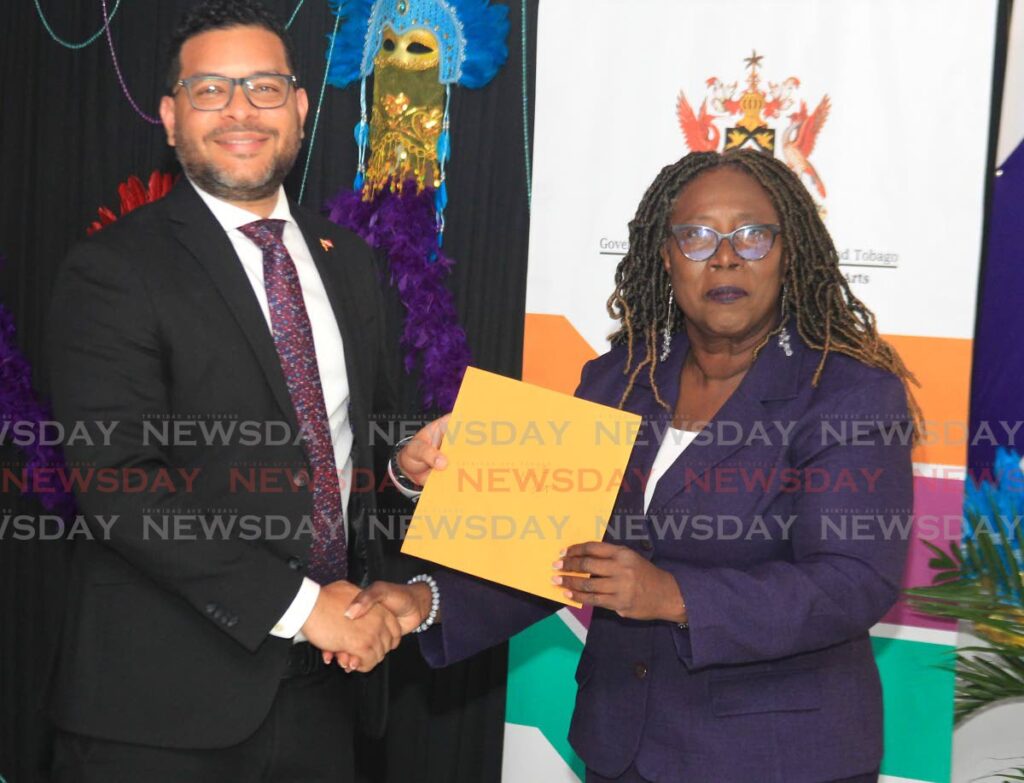Purse strings a little too tight

THIS CARNIVAL saw an unfortunate late-hour impasse develop between ministerial bodies, cultural agencies and regional governing entities on the issue of funding, which undoubtedly contributed to a less-than-stellar season.
However, while the situation raised specific questions about the workings of the Ministry of Tourism, Culture and the Arts, the National Carnival Commission (NCC) and regional government bodies, it nonetheless also placed a spotlight on the way allocations are made and disbursed by the Ministry of Finance.
Public funds should be carefully managed and the need for systems of oversight is obvious. This is more so in the absence of a strong public procurement regime – whether in law or in spirit – which could go some way to reassuring the public that state funds are being spent in accordance with the highest standards of integrity and in a way that ensures value for money.
But even if we had the most perfect public procurement system in the world, we have no doubt that there would still be room for bobol and controversy.
Indeed, the current systems in place across the ministries – and they have their defenders in public administration circles – have had their share of criticisms and bacchanal.
So to hear of money not flowing away rapidly from the Treasury is somewhat comforting.
That is until we look at what the money in this case was needed for: Carnival, our marquee cultural event.
There are signs, though, that the inefficiencies are not specific to the cultural sector.
Former commissioner of police Gary Griffith routinely spoke of problems in accessing funds ostensibly allocated under the relevant accounting head in the budget that is reserved for the police.
At one stage, the situation was apparently so bad that the police reportedly could not pay suppliers to the tune of $182 million.
Whatever the nuances of Mr Griffith’s tenure, we have no doubt the problem he described is one experienced across the board at a range of state ministries, departments and agencies.
Though we have a relatively exhaustive budgetary procedure, which sees Parliament and its committees carefully scrutinise and then approve the annual fiscal plan, it is not often the case that the reality reflects the policy direction articulated by a government.
Clearly, even after funds are “allocated” they can be stymied pending actual disbursal. This is because the State’s revenues are moving targets and whatever is allocated is seemingly disbursed bit by bit, period by period, reflecting liquidity realities.
Or at least, this is what we assume.
Even if so, why can ministries not play a more substantial role in the disbursement process?
And why can priority not be given to specific events or projects that are time sensitive?
It is good that there are controls in place.
However, governments are also notorious for holding the purse strings a little too tight, especially when it comes to paying contractors who are owed sums for services rendered.
It is one thing to have checks and balances in place; it is another to stymie the productivity of entities like the NCC.
-


Comments
"Purse strings a little too tight"